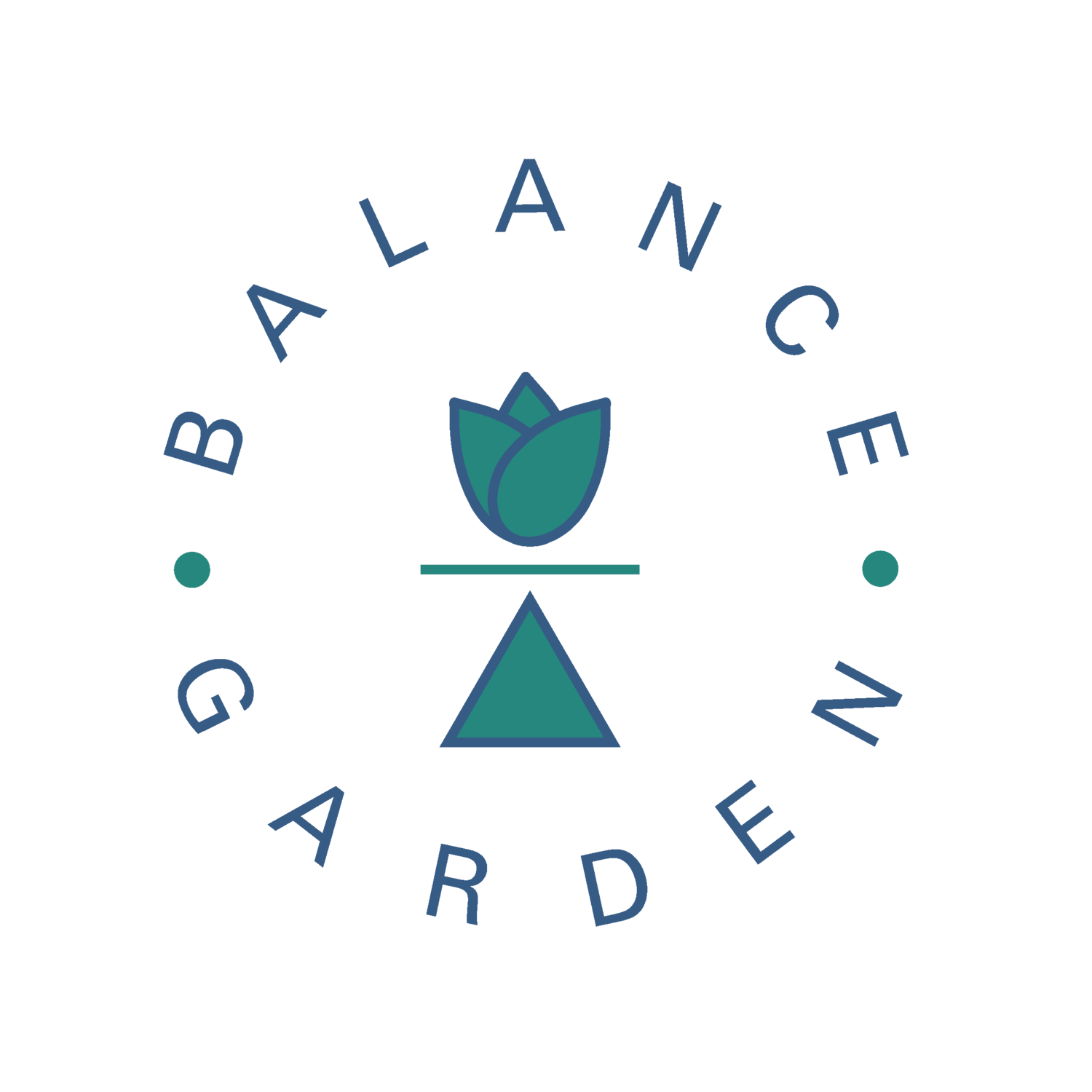What Does 'Letting Go' Mean Anyway?
/Words by Phoebe White
What does it mean to be human? We’re more than our anatomy and neurology, right? Perhaps it’s how our anatomy and neurology interacts with the physical world: how we behave, is that what makes up the human experience? Or is there more to it?
Phoebe discusses the yoga yama (code for living) ‘aprigraha’ (non-attachment) and its role in letting go in order to ‘swing’ with life.
I’ve been exploring the yogi codes, aka the yamas in recent months and this month I’m looking at aparigraha, meaning non-attachment or non-possessiveness.
There’s a lot to unpack here… the concept of aparigraha can be applied to material possessions, how we use the earth’s resources, how we nurture or use our relationships, aspects of our identity that we either like or don’t, negative emotions like pride, anger, the pains and struggles we have let define us, habits and much more! But whatever context we’re talking about, what does practicing aparigraha and letting go of something actually entail?
The philosophy of yoga, like many other philosophies, says that attachments are distractions. Things that take us on a path of activity, and therefore our human experience, are draining and damaging. To practice aparigraha is to connect to a higher, happier purpose and intention, and to let go of attachment.
So how can we recognise what we need to release?
Let’s zoom out for a second.
What does it mean to be human? We’re more than our anatomy and neurology. And we’re more than how these things inform our behaviour in the physical world. But are we getting the most out of this human experience?
We have families, friends, jobs, careers and favourite past times. We have phones and cars and clothes and houses. We have beliefs about the way we are, what we like and don’t like.
And we may well cling to these things, be needy of them. We can even be overly guided by the need to cling to them because of expectations and obligations or desires and addictions. That’s just life.
Although this clinging may or may not feel comfortable, there’s an almighty positive intention in it that we should pause to reflect on.
Our intention to live.
We shouldn’t deny or apologise for that the fact that we all have basic needs: that we need to feel love, belonging and kindness, to be part of a community, and to be able to manifest our intentions in the flow of life.
Perpetual motion – like the breath. This is what it is to be human.
Every behaviour, negative or positive, comes from these higher intentions of living with love, belonging and kindness. And we’re all doing the best with the internal and external resources we have at our disposal. Internal resources include skills, beliefs, habits, knowledge, experiences. And external ones include money, food, other people.
Zooming back in
How we manifest intention is by doing stuff - manipulating our external resources through the expression of our internal ones. Clinging is one way to go about it, but it’s not always holistically beneficial to us and the things we want to manifest.
We may have an unhealthy habit, like smoking. We may keep it up because it’s the method we use to connect with others. But in doing so, we’re also hurting our vitality (an important aspect of life). It’ll be hard to stop the habit if no new ways to connect with others are cultivated - so clinging happens.
But when are we clinging and when are we onto a good thing?
There are two types of ‘doing’, activity and action. Activity is the push-and-pull kind of doing, commanding and controlling every twist and turn, every win is hard earned. You’ll recognise it because it feels draining and you often long for a break. Habits like smoking can be seen as ‘activity’.
Then there’s the surf and ride kind, ‘action’, that keeps you steady and in-flow as the world spins from day to day. You’ll know it because you’ve enjoyed your time, and you’ve got energy to play with as a result (both physical and material!). Connecting to other people in a healthy way could be seen as ‘action’.
Osho talks about the disease of doing, and marks this difference between action and activity: (Read the full talk here)
“Action is not activity; activity is not action. Their natures are diametrically opposite. Action is when the situation demands it, you act, you respond. Activity is when the situation doesn’t matter, it is not a response; you are so restless within that the situation is just an excuse to be active. Action comes out of a silent mind – it is the most beautiful thing in the world. Activity comes out of a restless mind – it is the ugliest. Act more, and let activities drop on their own accord. A transformation will come to you by and by”
So, the idea is that we live as one with the planet - ride and surf - take action in response to the world around us, rather than force our activity or will upon it. Releasing attachment and practicing Aparigraha allows us to be free-flowing so we reach those higher intentions of belonging, kindness, community and so on.
Proactively, we could ask… Are my actions bringing me to my humanness? What activity do I need to let go of?
But what does letting go really mean? Let’s explore…
Imagine a swing. You see the swing and want to play. You walk up, sit on it and hold the ropes. Intuitively you lean forward, lift your legs and then reverse your position with purpose. You make the swing swing. It’s awesome! You keep moving your body until you want to make the swing stop. You either use your feet or let the swing slow down on its own.
So, imagine that the swing is your intention. If you try and hold the swing too tightly, and only think about how high you want to go on the first push, you won’t flow at all but get tangled in the ropes – this is ‘activity’, not letting go.
There’s no getting around it, you’ve got to work the swing according to the laws of physics. Life is the same.
In the Bhagavad Gita, Krishna says:
“Let your concern be with the action alone, and never with the fruits of action. Do not let the results of your action be your motive, and do not be attached to inaction.”
So rather than grasp for the win or hold on to the status quo, we aim to release the notion of our endgame and just begin, take the action that is in harmony with the natural world, that is intuitive.Do this and swinging the swing of life is a cinch. We’ve just got to forget the rest.
To let go is to simply not allow yourself to think or do anything about those activities that distract you.
The map is not the territory
Maybe letting go of attachments fills you with fear about shaking up the way things have always been.
A foundational principle in Neuro Linguistic Programming (NLP), coined by Alfred Korsybski, is that ‘we respond to our experience, not to reality itself. The map is not the territory’. Korsybski’s work posits that our perception of the world is created in our brain – via a map of neural networks that inform ways of thinking, conditions our behaviour, the language we use, everything.
This is different for everyone – and don’t we know it, some people’s map of the world is wildly different from our own! But it does mean that we can let go of the idea that our world is set in stone, that our reality as we see it is ‘right’, meaning we can open our mind to new possibilities and options. Knowing this may help loosen the grip on ‘activities’ that don’t serve you.
We respect our own map by seeing it for what it is and being able to step back from it. And we can do the same in order to respect other peoples’ maps, and know that reality is somewhere in between the two.
So, where might you need a reality check about what’s really working for you, and what isn’t? What assumptions in your map are not reflected in how the territory responds? What can you release your grip on?
Avoid any thinking-activity and save the pros and cons analysis until after your heart has spoken. Instead, feel into the swing – does it feel easy and leave you with energy to play with? Does your map fit the territory?
No failure only feedback
The process is daunting, to un-cling to something that sustained you is a big deal, so it’s normal to want to turn back. Seek to meet your positive intention and again, listen in to the swing.
Another fundamental principle of NLP is: ‘There is no failure, only feedback’. If the swing falters you adjust your movements, intuitively. No judgements, ruminations or regrets – you adapt until the swing swings again.
If your hopes or actions aren’t reaping you love, connection and belonging, adjust to the feedback you’re getting. Take what’s working and leave the rest.
Use Osho’s advice: keep with the action and drop the activity. That way, letting go becomes a part of everyday action.
And trust that you’ll learn and remember, so that the next time you jump on a swing, you’ll know what to do!
Do you want to know how to take yoga off the mat and into your life? Do you want to delve deeper into the concepts your yoga teacher talks about in class?
Immerse yourself in the magic of yoga with this personalised 3 -week course which will give you tools and techniques to help you reach your goals... either on or off the mat.
The workshops will follow a coaching format, blending neurolinguistic programming techniques in with practice to help integrate yoga into every day life. Each week's 90 minute session will include physical practice, group discussion on key yogic concepts and a final relaxing meditation.
The group numbers will be kept small so as to ensure a personalised and tailored experience for participants. All levels welcome.
A long serving Londoner, Phoebe is a qualified practitioner in Neurolinguistic Programming, life coach and yoga teacher, and experienced singer songwriter. She’s been leading workshops in a range of personal development topics and supporting people to achieve their goals for over 15 years. She teaches and sings regularly in North London and all around the world.
Upcoming workshops:
Deepen your practice with yoga philosophy and coaching. 3 week personalised course (small group!) 5, 12, 19 July. More info here.
Living Life the Five Bodies Way - a yoga workshop, 21 July. More info here.
Free work/life balance coaching workshop at Shoe Lane Library 3 July. More info here.
Contact Phoebe via her website or on phoebesinger@gmail.com for 1-1 enquiries.








































Blogcast for Balance Garden podcast episode 12 - ‘Still Light’